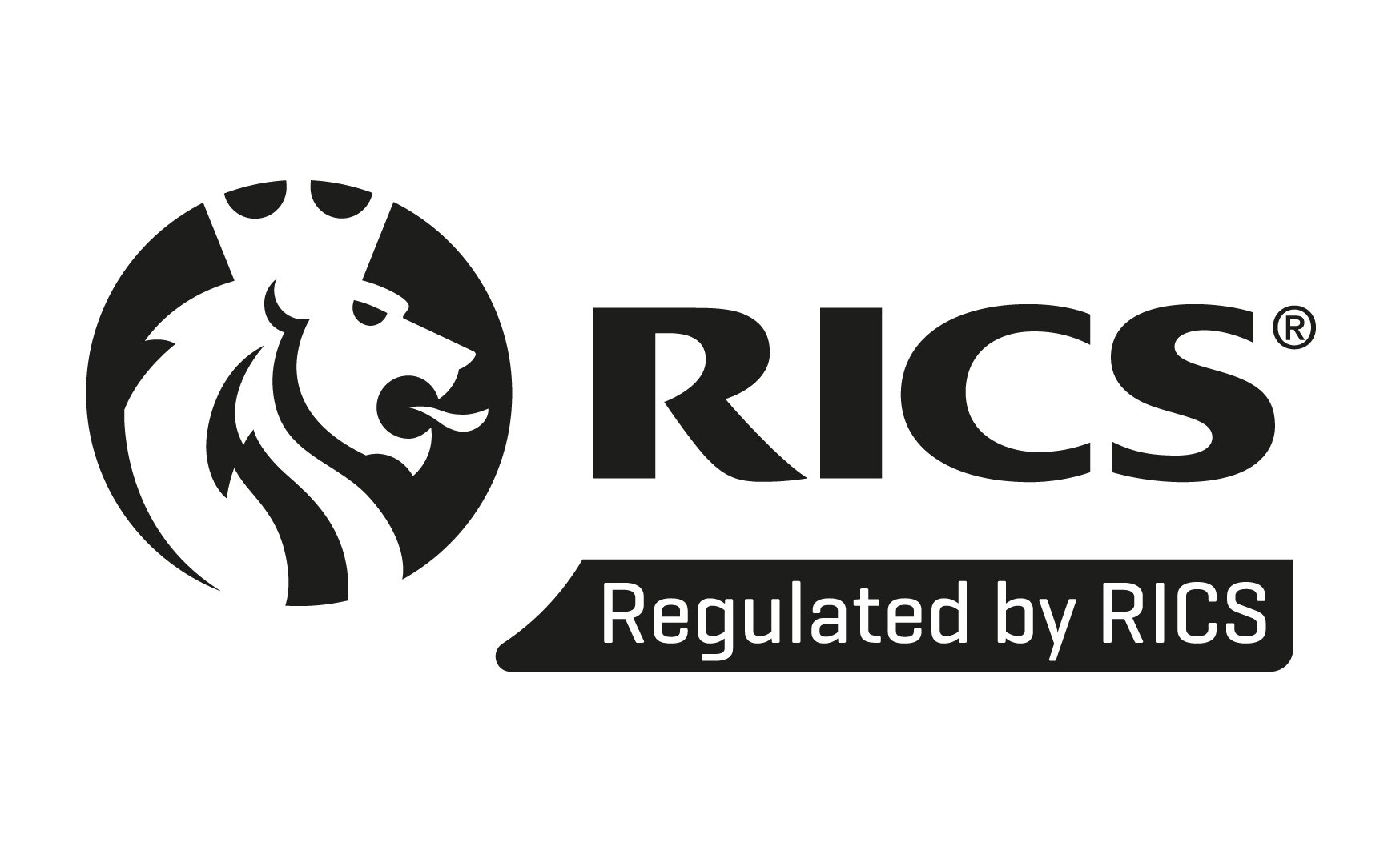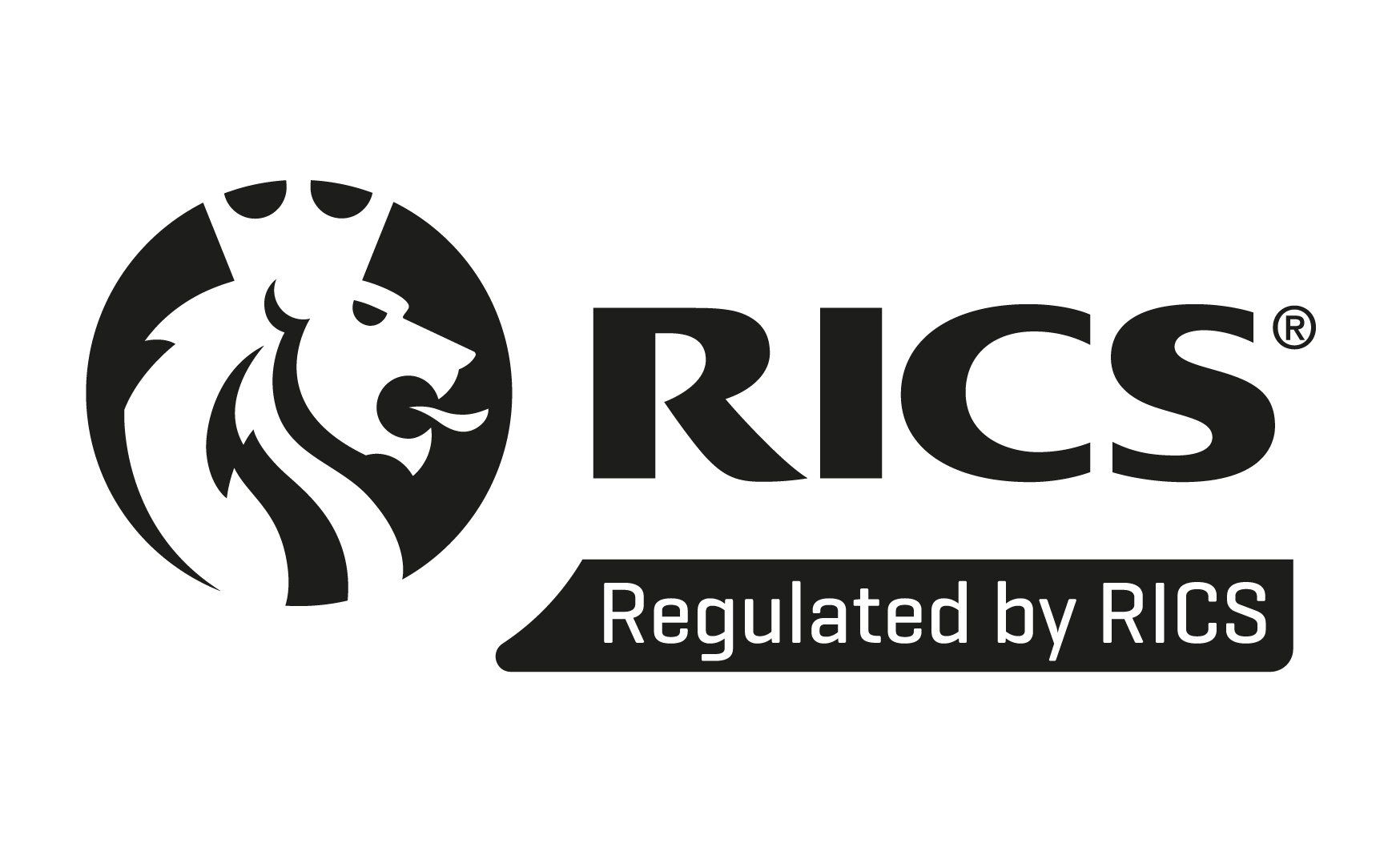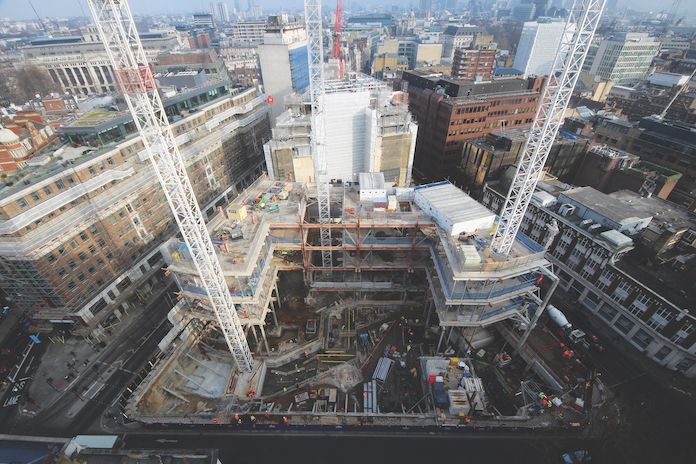Expert Witness Construction
Expert Witness Construction - Manchester and beyond!

Expert witnesses have a key role within the justice system. It is essential that they can fulfil their roles and responsibilities as experts. To do this, experts need an understanding of the litigation process and must be aware of the legislation, regulations and guidance applicable to their expert witness work.
Experts need to be aware of the key parts of the Civil Procedure Rules (CPR), the Criminal Procedure Rules (CrPR), Practice Directions and Guidance. Where appropriate, experts should also refer to any Practice Statements or Guidance issued by their Professional Bodies concerning their work as experts.
Expert witness evidence may be required in a range of cases and in different legal forums. Experts may give evidence in courts or tribunal, at arbitrations or adjudications or other legal processes. Examples of which include:
The High Court:
The High Court deals with the most complex, serious and high-value claims. The High Court has three divisions:
Queens Bench
This deals with negligence cases, large personal injury cases, contractual and insurance disputes and more. The Queen’s Bench Division also includes the Commercial Court (which deals with banking and high value commercial claims) and the Technology and Construction Court (which, as its name suggests, deals principally with building/construction cases and those involving computers/software). It includes the Admiralty Court which hears shipping disputes
Chancery
This includes the Companies Court and the Patents Court and deals with disputes in the field of tax, pensions, trusts, probate, land and more.
Family
This deals with disputes arising out of complex, high-value ancillary relief claims and the more difficult public law claims involving children.
Most trials are heard by a High Court Judge sitting alone (i.e. without a jury). Sometimes a Circuit Judge or a Recorder or a QC will sit as a Deputy High Court Judge most usually hearing the less serious cases. Like a full time High Court Judge, a Deputy will sit alone.
The County Court
Although there is no limit to the amount of damages that can be awarded in the County Court, in practice the lower value and more straightforward cases are commenced in the County Court. Where the sum in dispute is less than £25,000 the case is usually tried by a District Judge. Where the sum in dispute is more than £50,000 the case is usually tried by Circuit Judge although a Circuit judge will sometimes hear less serious cases. Recorders (who are part-time judges) can try cases of any value but more commonly hear the cases worth between £25,000 and £50,000. Circuit Judges, Recorders and District Judges all sit alone.
Tribunals
There are numerous tribunals. Examples include the employment tribunal, lands tribunals, benefits tribunals and more.
Arbitration
This is a process chosen by the parties (usually in a contract) in which the arbitrator reaches a decision which is binding on the parties. The arbitrator may be a lawyer or another professional. Arbitrations are common in construction and shipping disputes.
Adjudication
This is a process by which an adjudicator makes a summary determination of certain issues that can arise in the course of a construction contract (e.g. whether the work has been completed on time). This allows the parties to swiftly resolve differences that have arisen and to get on with the work. An adjudicator’s findings are provisional in the sense that the parties may litigate the same issues all over again before a court, but only after the building work has been completed. Adjudicators are usually building professionals or lawyers.
The court’s discretion to limit the number and type of expert evidence
The court has discretion to exclude expert witness evidence even if it is otherwise admissible. The court in civil cases has the express power to limit both the number of experts and the type of expert evidence.
CPR 35.4
(1) No party may call an expert or put in evidence an expert’s report without the court’s permission.
(2) When parties apply for permission they must identify –
(a) the field in which expert evidence is required; and
(b) where practicable, the name of the proposed expert.
(3) If permission is granted it shall be in relation only to the expert named or the field identified under paragraph (2).
This makes plain that no party may call an expert witness without the court’s permission and that if permission is granted, it is in relation only to the field of expertise that the court has identified and possibly only for a named expert.
The court’s power to limit the number of experts
CPR 35.1 states Expert evidence shall be restricted to that which is reasonably required to resolve the proceedings. Normally the court, if it permits any expert evidence, will limit it to one expert per party (although there are exceptions).
The court’s power to specify the identity of the expert
As part of the duty to help the court to further the overriding objective the parties are encouraged to identify the field of expertise of any expert upon whose evidence they wish to rely as well as, if practicable, the name of the expert. In some specialist cases, the proposed fees of the expert must also be submitted to the procedural judge. The court has the power to grant permission to a party to call, or put in evidence from, (1) a named expert only, (2) an unnamed expert in an identified field of expertise only or (3) a named expert in an identified field of expertise.
Expert witnesses
By CPR r. 35.2(1) an expert is:
“… a person who has been instructed to give or prepare expert evidence for the purpose of proceedings.”
This is the key to determining whether the expert has been instructed as the “Part 35 expert” or in another capacity.
Generally, lay people cannot give evidence of opinion in a court or tribunal. Only witnesses who have specialist knowledge, qualifications and/or experience in a particular field are permitted to give opinion evidence about facts and matters within their field of expertise. Expert witnesses need to establish their qualifications/experience as adequate to give the opinion evidence they have. It is for the court to decide who is an expert, based on the witnesses’ qualifications or experience. Expert evidence may include:-
- Expert opinion on factual matters before the court
- Expert evidence to explain technical subjects or the meaning of technical words
- Evidence of fact where the observation, comprehension and description of such facts requires
- expertise.
What the rules say about the duties of Part 35 experts
CPR 35.3 states
(1) It is the duty of the expert to help the court on matters within their expertise.
(2) This duty overrides any obligation to the person from whom the experts have received instructions or by whom they are paid.
What is a single joint expert?
The definition of a single joint expert is set out in the Civil Procedure Rules.
CPR 35.2(2)
Single joint expert means an expert instructed to prepare a report for court on behalf of two or more parties (including the claimant) to the proceedings.
and CPR 35.7 states
(1) Where two or more parties wish to submit expert evidence on a particular issue, the court may direct that the evidence on that issue is to be given by a single joint expert.
(2) Where the parties who wish to submit the evidence (‘the relevant parties’) cannot agree who should be the single joint expert, the court may –
(a) select the expert from a list prepared or identified by the relevant parties; or
(b) direct that the expert be selected in such other manner as the court may direct.
Instructions to a single joint expert
CPR 35.8 states
(1) Where the court gives a direction under rule 35.7 for a single joint expert to be used, any relevant party may give instructions to the expert.
(2) When a party gives instructions to the expert that party must, at the same time, send a copy to the other relevant parties.
(3) The court may give directions about –
(a) the payment of the expert’s fees and expenses; and
(b) any inspection, examination or experiments which the expert wishes to carry out.
(4) The court may, before an expert is instructed –
(a) limit the amount that can be paid by way of fees and expenses to the expert; and
(b) direct that some or all of the relevant parties pay that amount into court.
(5) Unless the court otherwise directs, the relevant parties are jointly and severally liable for the payment of the expert’s fees and expenses.
Working as a single joint expert
A single joint expert is appointed by the court and treated as being appointed jointly by the parties in dispute. The single joint expert owes equal duties to all parties and an overriding duty to the court. Their duties overall are the same as a Part 35/33 expert. However they must take particular care to remain independent and transparent in their dealings with the parties.
If you have a requirement for an expert witness in construction, please feel free to contact us. Our trained expert witnesses are here to help. If a particular commission is not suitable for us, through our network of contacts we will be able to point you in the right direction to other suitable qualified and trained experts.




